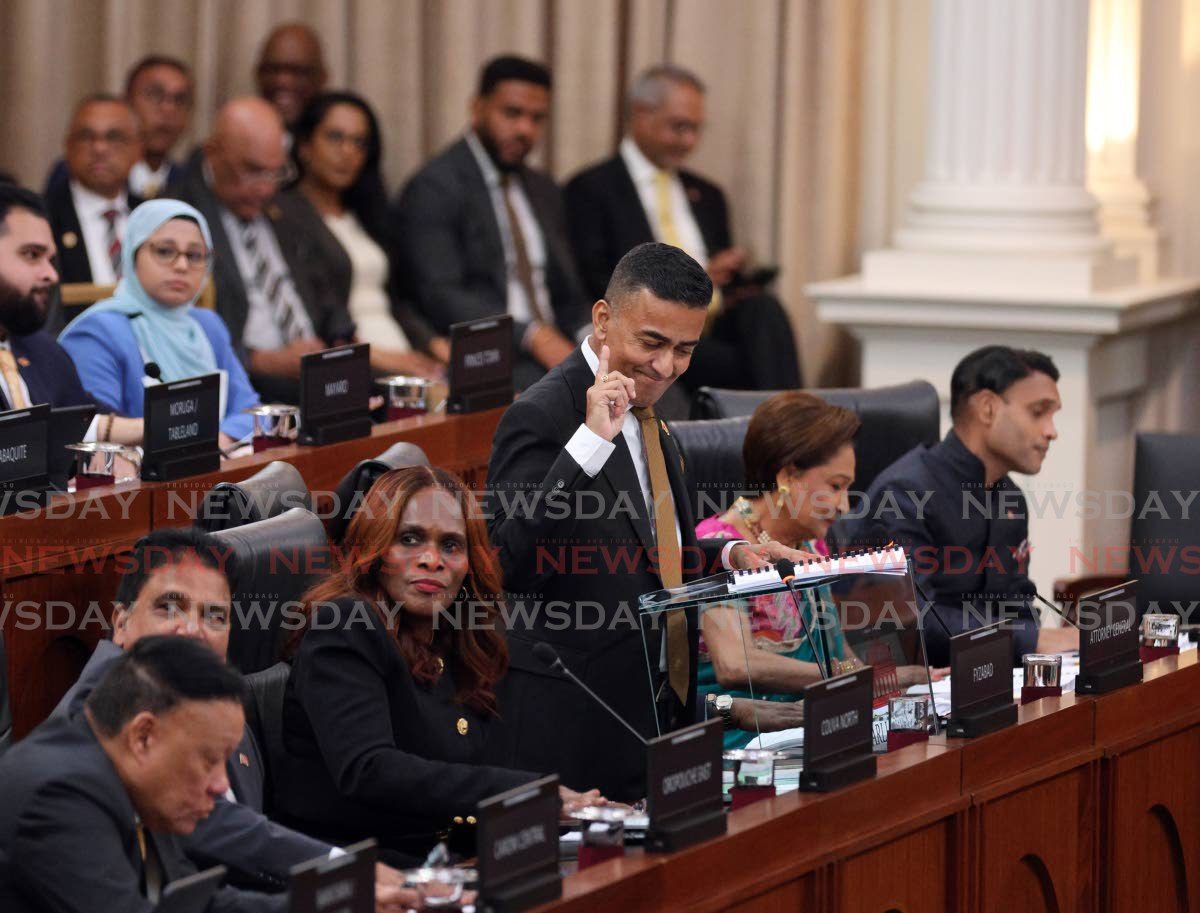As the budget debate in Trinidad and Tobago’s Parliament concludes, the fiscal measures announced by Finance Minister Davendranath Tancoo have come under scrutiny. While initially perceived as fair to the average citizen, the budget has revealed itself to be largely a continuation of past policies, lacking the bold reforms needed to steer the nation toward economic stability and growth. The government’s revenue projections remain heavily reliant on optimistic assumptions about oil and gas prices, the country’s primary income sources. This approach has drawn criticism for its failure to address systemic issues and its reliance on short-term fixes. Key concerns include rising tax burdens on consumers, ineffective tax collection mechanisms, and the absence of a clear strategy to diversify the economy beyond energy. The proposed reforms to the National Insurance Scheme also face skepticism, given the challenges posed by an ageing population and declining workforce participation. Critics argue that the budget lacks strategic direction, offering little insight into plans for critical sectors such as housing, education, agriculture, and national security. The financial burden, as in previous years, will likely fall on consumers, while escalating public debt threatens to burden future generations. Amid these challenges, the author advocates for the implementation of site value taxation, a system that could distribute the tax burden more equitably, promote economic diversification, and stimulate broad-based prosperity. This approach, phased in over several years, could correct imbalances in land, labor, and capital values, fostering a more inclusive and sustainable economy. While the current budget represents a missed opportunity for transformative change, the adoption of innovative fiscal policies could pave the way for a brighter economic future for Trinidad and Tobago.
